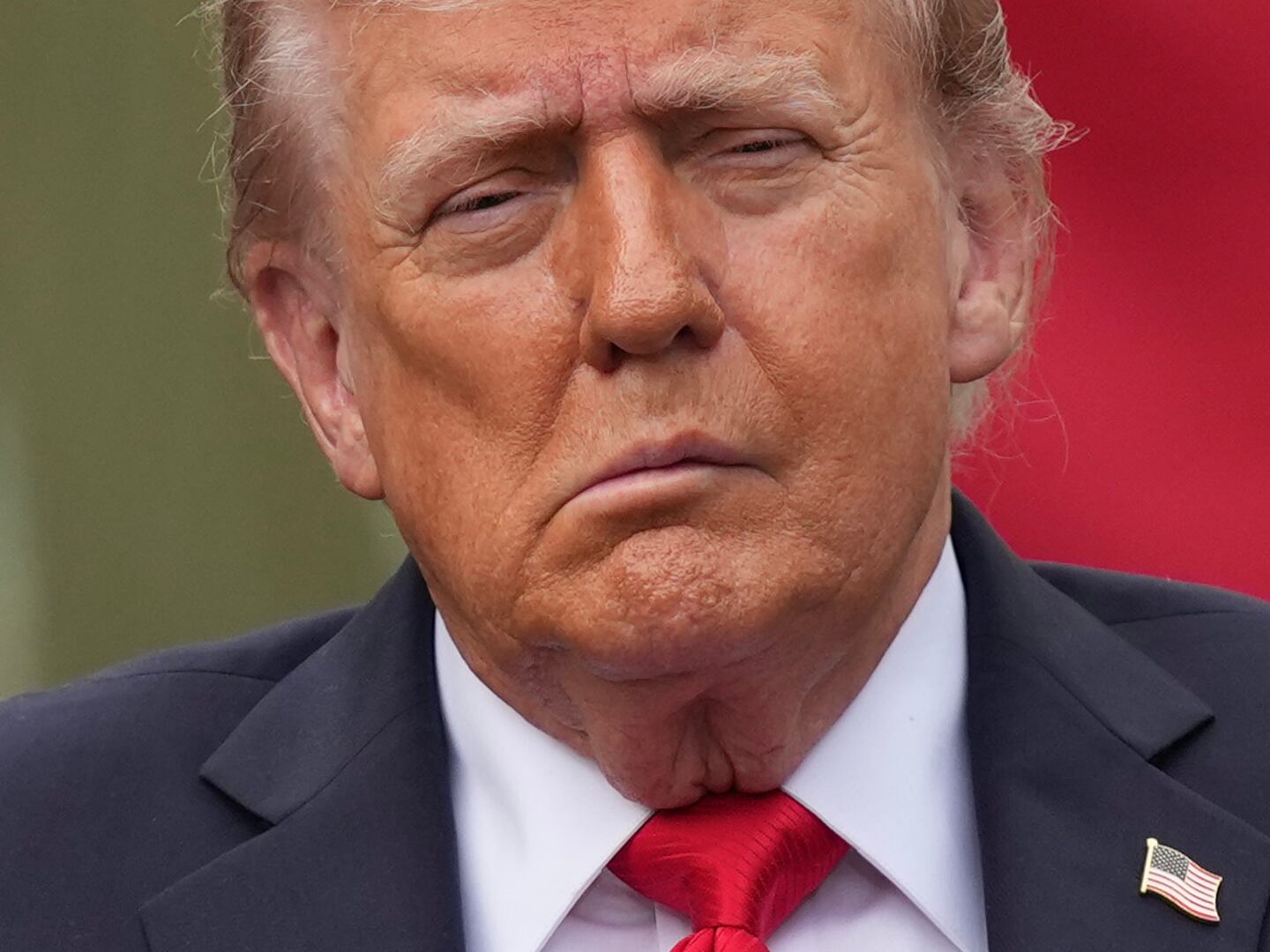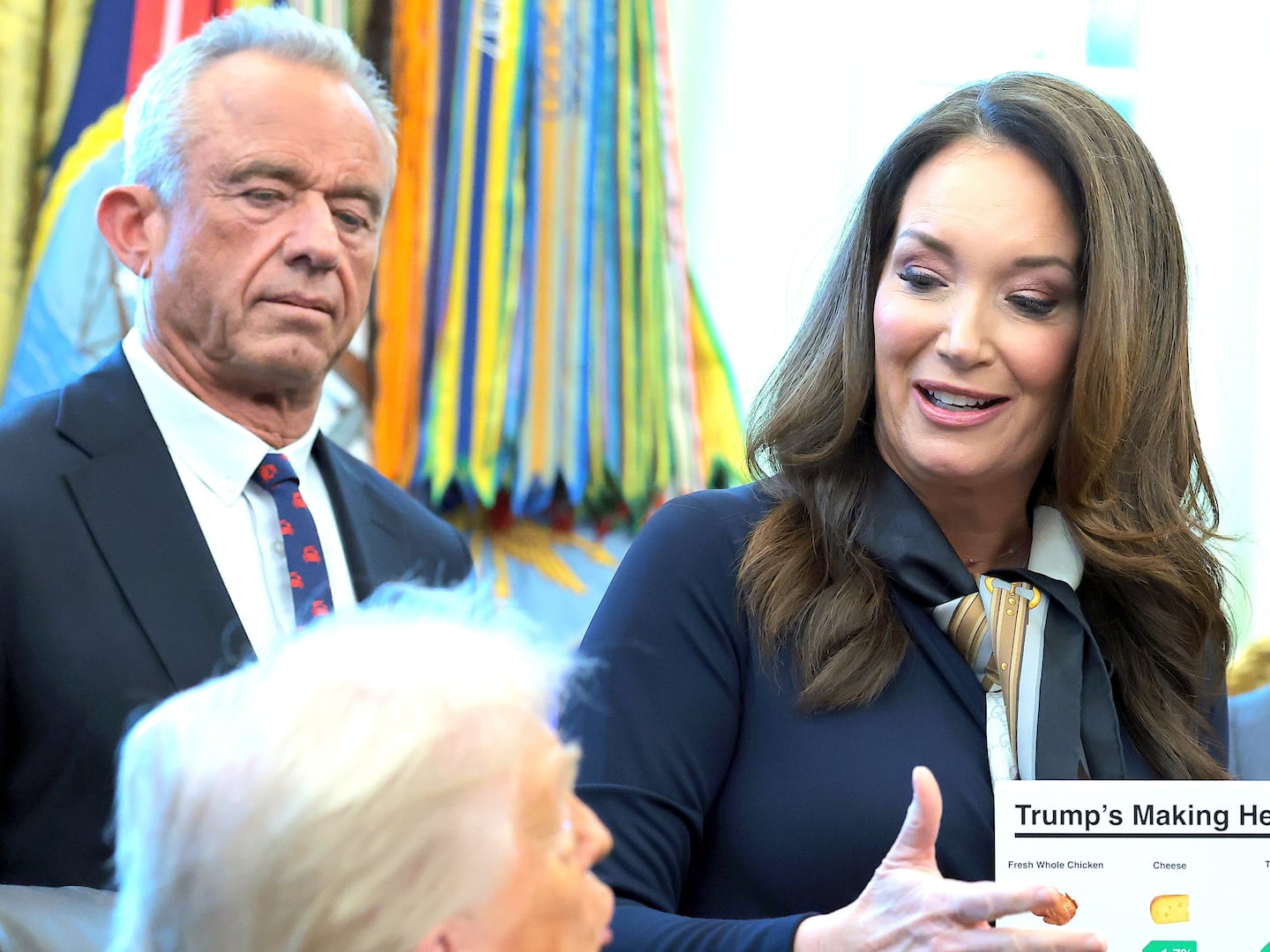French President Nicolas Sarkozy’s announcement that he intends to ban the full Muslim veil seems to run counter to democracy’s principle of freedom of religious expression, but France faces a special set of problems, Peter Berkowitz argues in The Wall Street Journal. It’s large Muslim minority—10 percent of its population—is restive, unassimilated, poor, “inclined to anti-Semitism, sympathetic to political Islam, and alienated from French social and political life,” Berkowitz says. Additionally, France’s commitment to secularism is different from the American separation of church and state—the French believe “government must confine religion to the private sphere.” Sarkozy has justified his ban not on easy grounds like national security (bombs can be hidden under the veil) or education (veils are banned at school), but on the grounds that the veil "runs counter to women's dignity." The ban is meant to send a message to two groups: to the Muslim minority, it says the veil is incompatible with political freedom. To the majority, it says, “t is your right and your responsibility to ensure that all of France's citizens enjoy their rights and honor their responsibilities as free men and women.”
Read it at The Wall Street Journal




